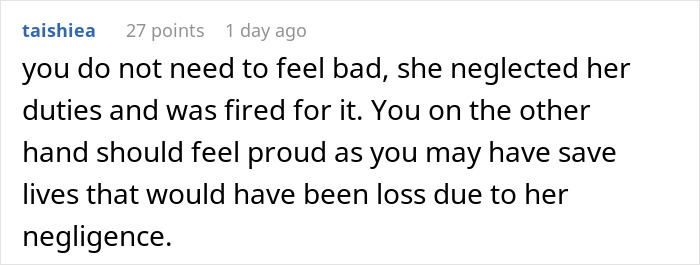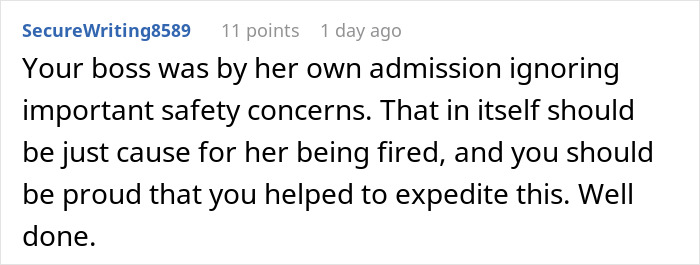Some employees take their job and accountability seriously, which is why they often go the extra mile at work. But others might not care about their responsibilities as much.
This redditor was one of the former types of employees, going above and beyond what was asked. Among other things, she was responsible for taking notes in meetings—something her boss, who belonged to the latter group, asked her to do. Little did the superior know that her request would come back to haunt her.
Problems at work often require taking accountability

Image credits: Diva Plavalaguna (not the actual photo)
This redditor engaged in malicious compliance with an unconcerned boss refusing to acknowledge any issues
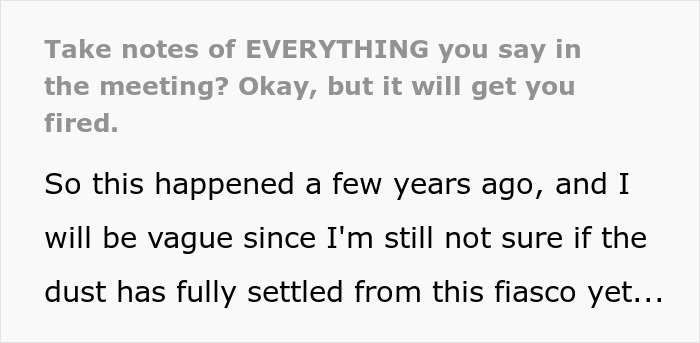
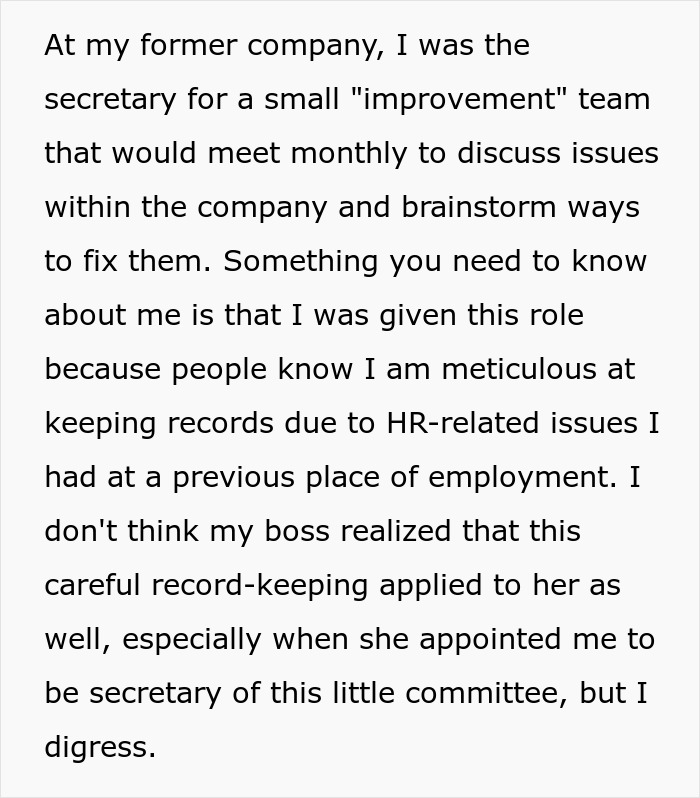
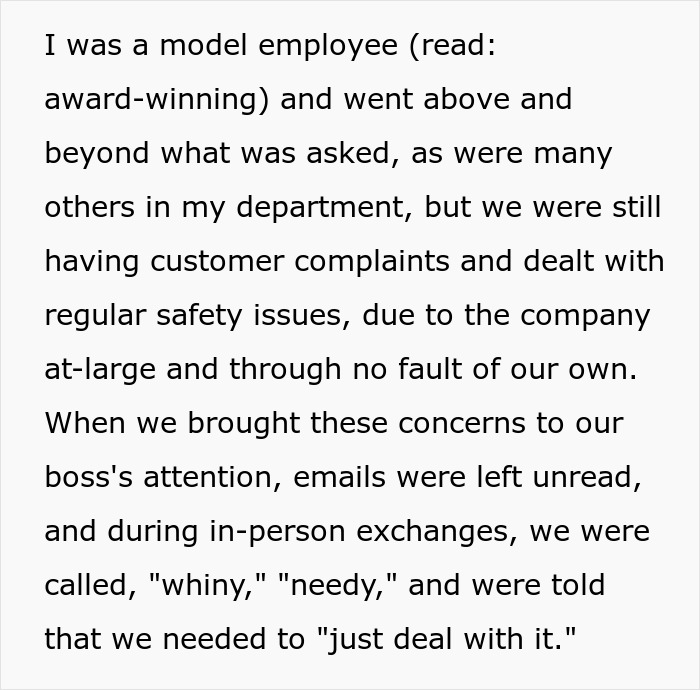
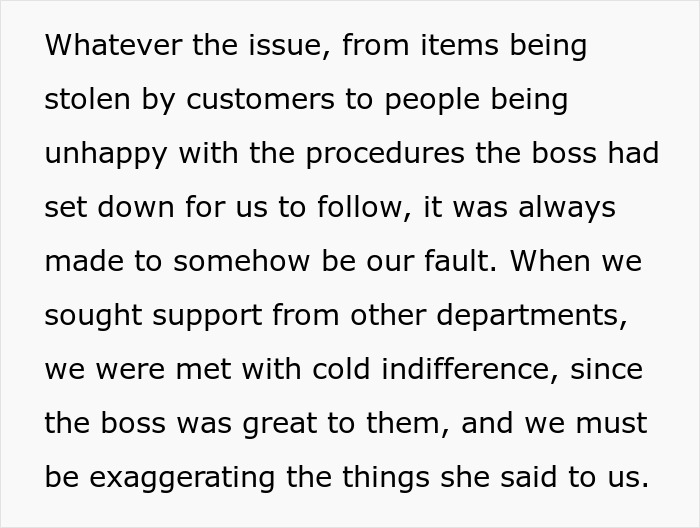
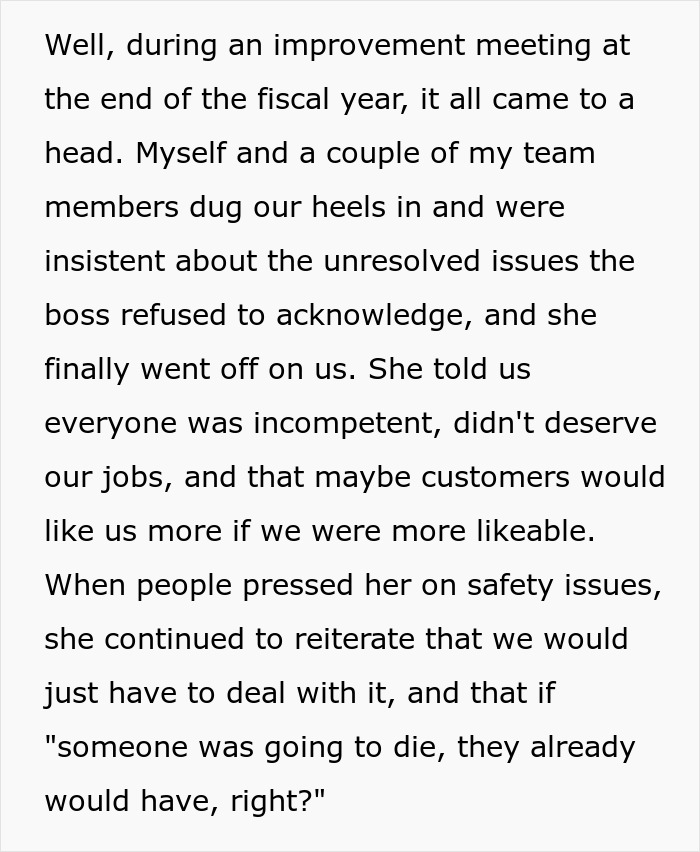
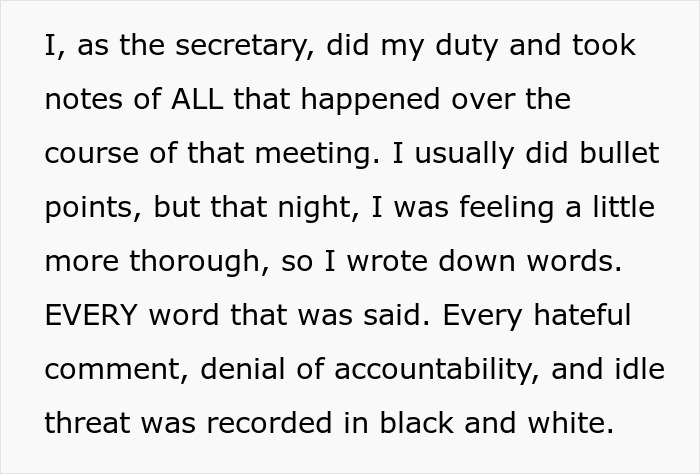

Image credits: Christina Morillo (not the actual photo)
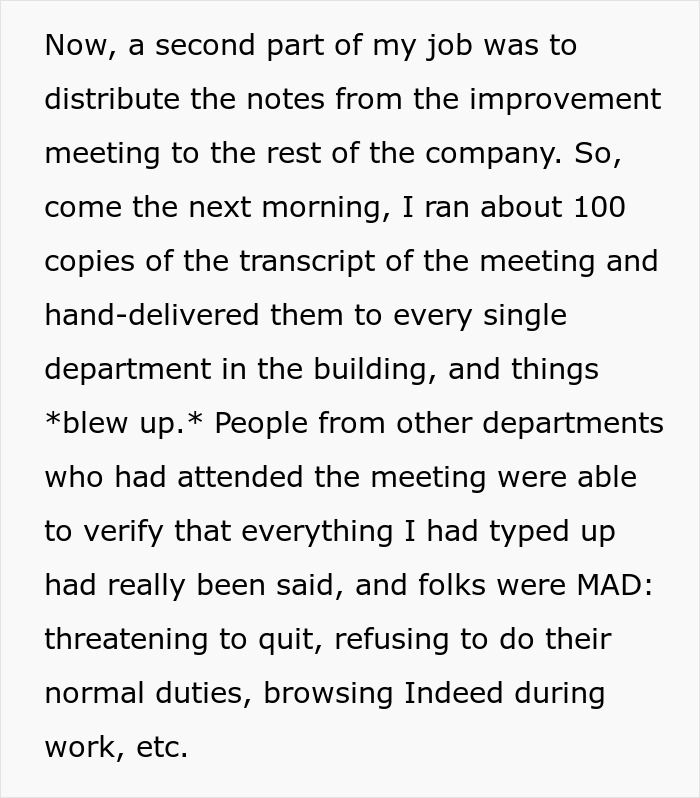
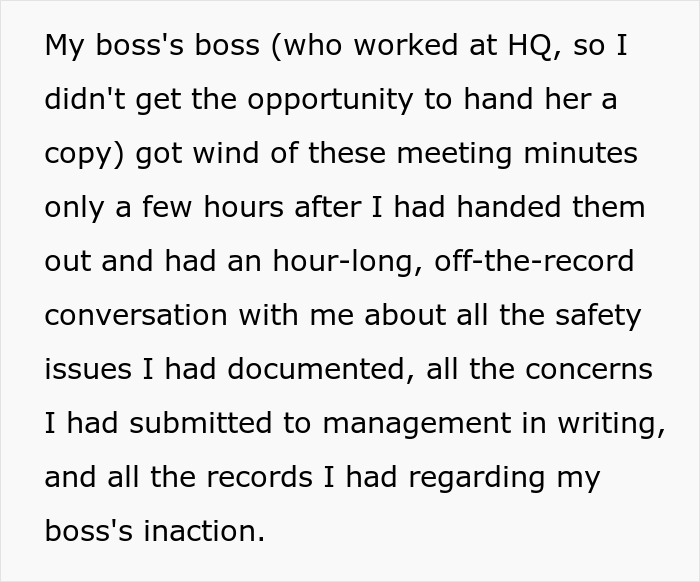
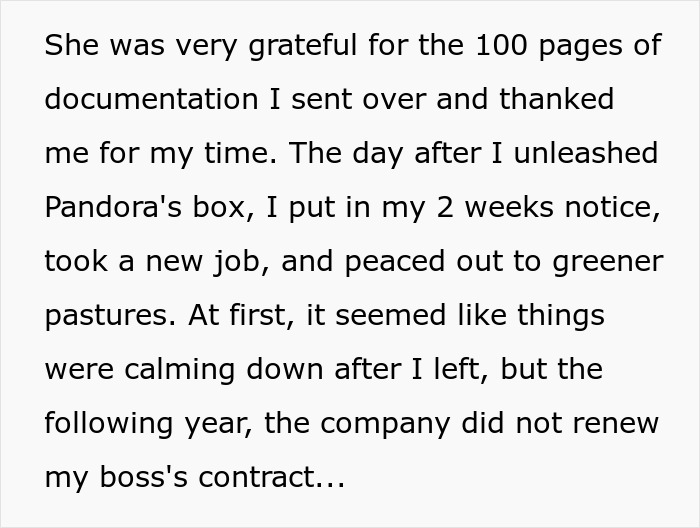
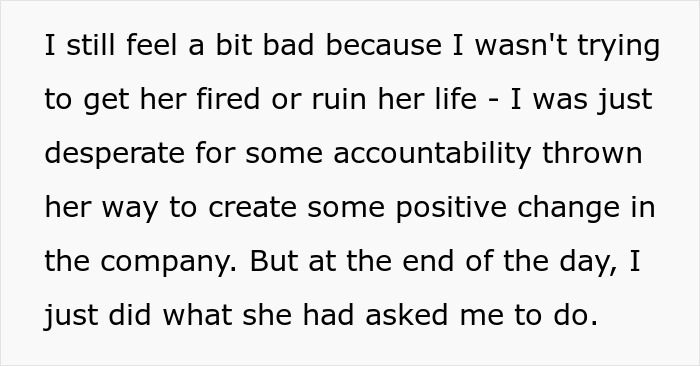
Image credits: SickSIL1998
An inactive manager can negatively affect employee engagement

Image credits: LinkedIn Sales Solutions (not the actual photo)
The OP shared that she tends to go the extra mile at work and is an exemplary employee, as are her co-workers in the department. However, she pointed out that her boss—the person who initially asked her to take notes during meetings—wasn’t as engaged at work or concerned with taking accountability for certain matters regarding the company.
It’s pretty safe to assume that unconcerned superiors are not the strongest of motivating forces for their employees. That might be the reason why only few of the latter—one in five of them, to be exact—say their performance is managed in a way that encourages them to strive for excellence at work, Gallup reports.
Gallup also revealed that only around one third of employed people are involved by their managers in the goal setting processes. Taking part in such processes could reportedly make them more than three times more engaged in the workplace.
Lack of engagement can negatively affect not only employee performance, but other aspects essential for the success of the company as well. Research suggests that employee engagement can reduce absenteeism and turnover, as well as the number of safety-related incidents, which the OP revealed to be a common problem in her workplace. It can also help increase customer loyalty and engagement, which was seemingly another problematic area for the company, as the redditor said they were constantly dealing with customer complaints.
For quite a few people, no boss is better than a bad boss

Image credits: August de Richelieu (not the actual photo)
“There’s an expression: ‘People join companies, but they quit bosses’,” culture expert and CEO of Chicago-based employment agency LaSalle Network, Tom Gimbel, told CNBC. It rang true in the OP’s case, too, as she quit her job soon after she “unleashed Pandora’s box,” revealing not only her boss’s inaction, but hateful comments, too.
Gimbel expanded on the matter, suggesting that there are seven common types of superiors out there, but arguably only one is worth sticking around with; they fall into the category of accountable but caring bosses. According to the expert, “They give you honest feedback about your work, whether it’s good or bad, and challenge you to perform to the best of your ability.”
Gimbel suggested that accountable but caring bosses are able to find the right balance between work and personal well-being, which others—including the grinder, the motivator, or the narcissist bosses, just to name a few—usually can’t.
Emphasizing the significance of superiors, the culture expert referred to a recent survey, pointing out that more than 80% of employed Americans would likely quit because of a bad manager. To make matters worse, the survey also found that roughly as many people believe they could do their job without their boss, showing that their interference is not necessary, at best; in the OP’s case, maybe even detrimental, as hateful comments rarely help increase employee engagement.
The OP provided more details in the comments

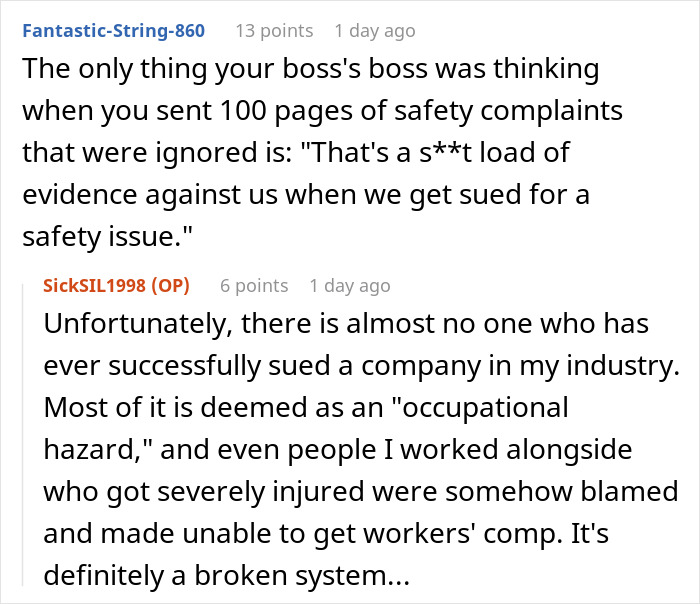
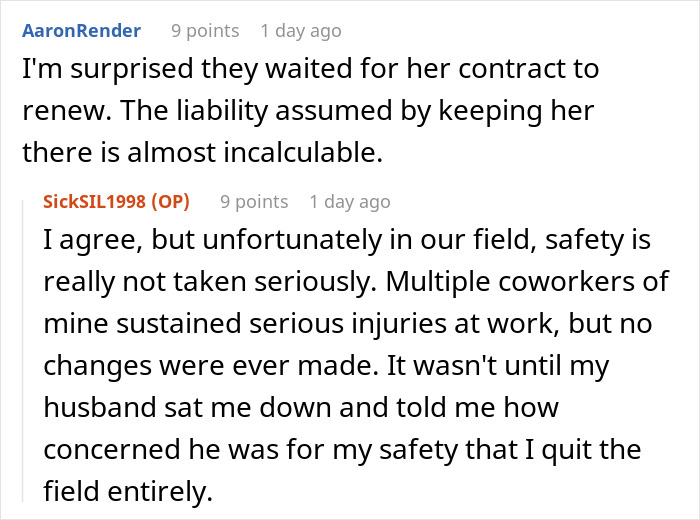
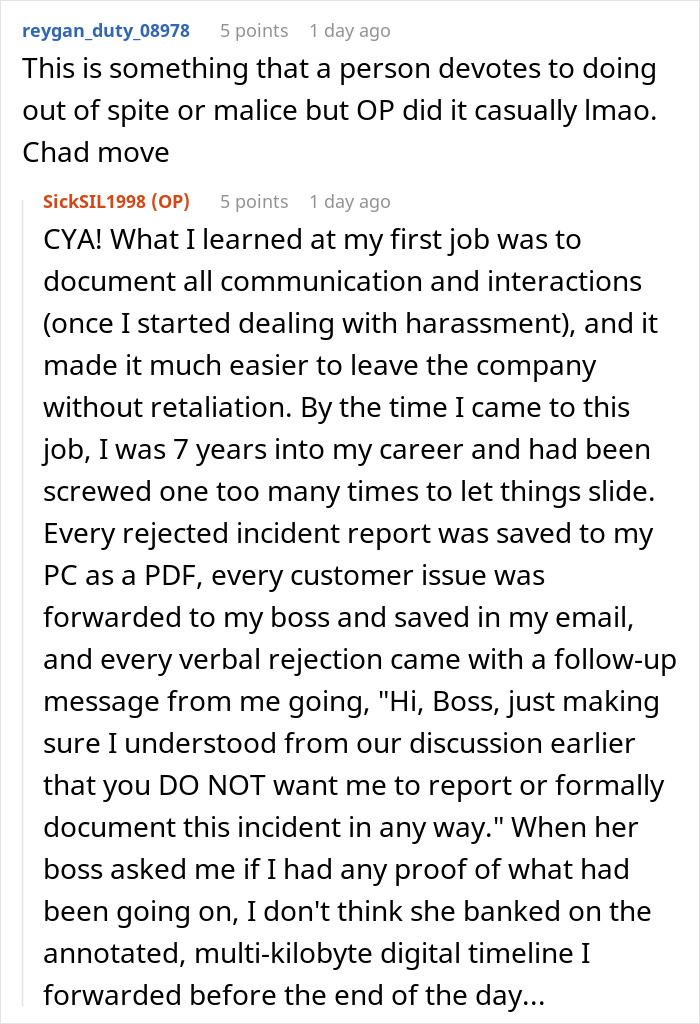
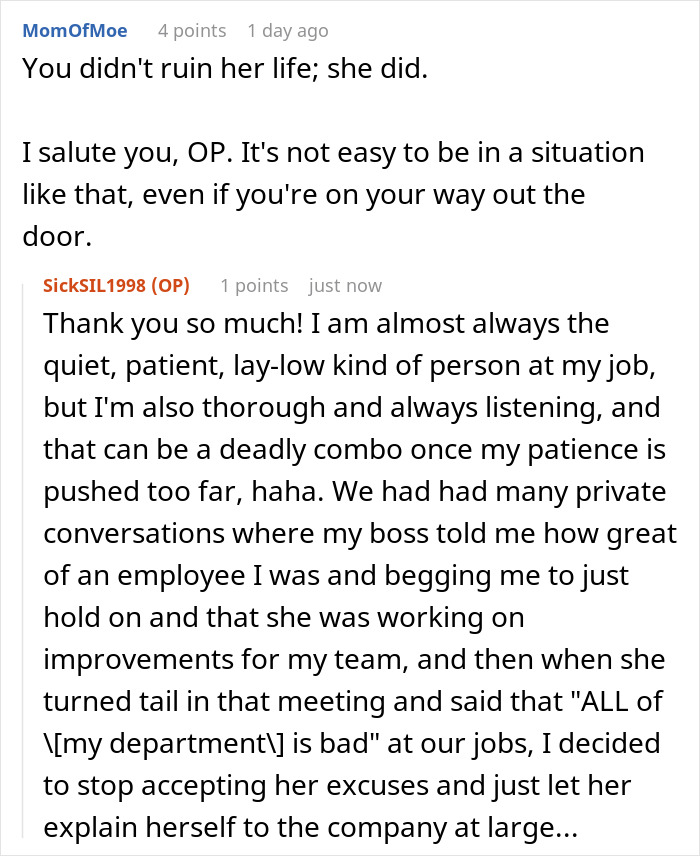

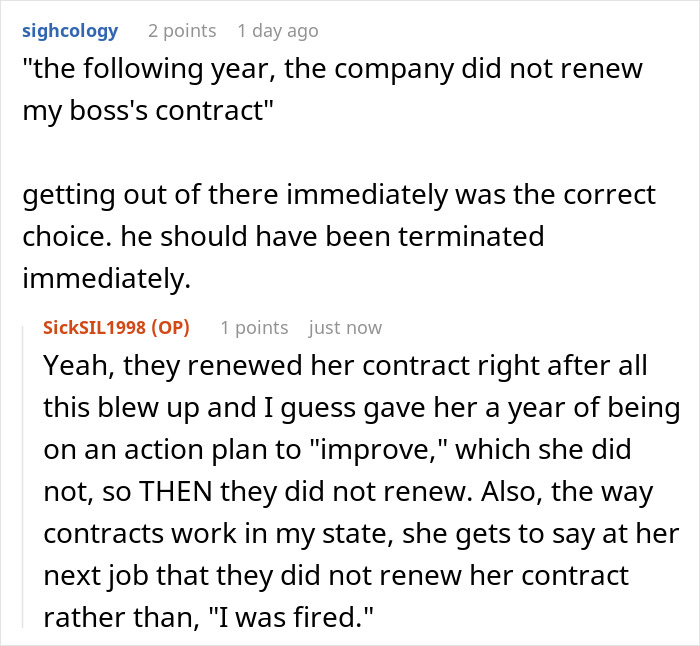

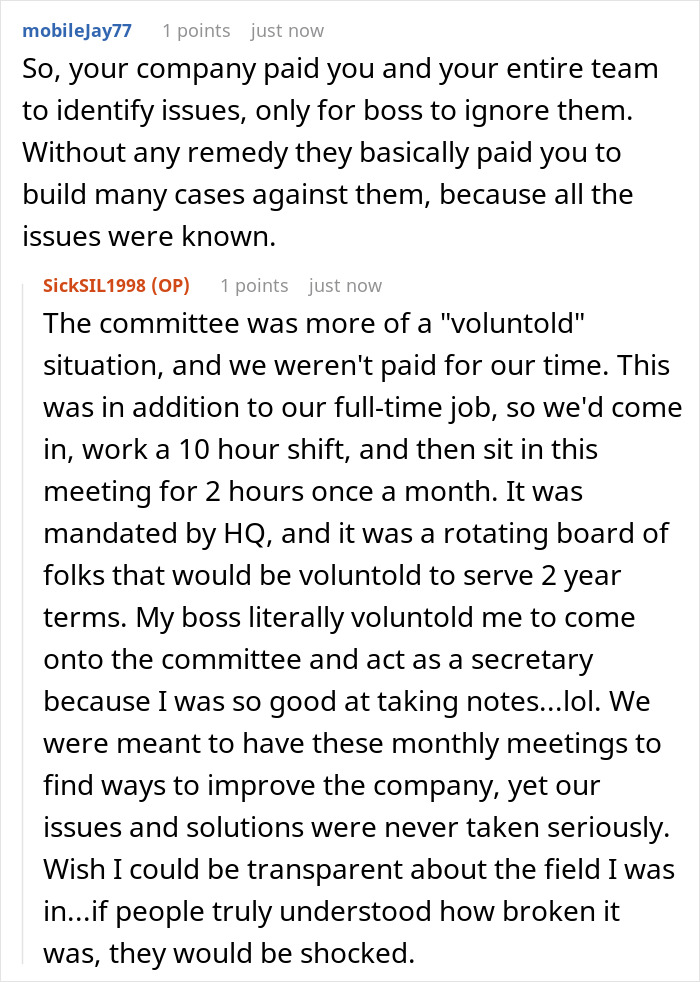
Fellow redditors shared their views, too





